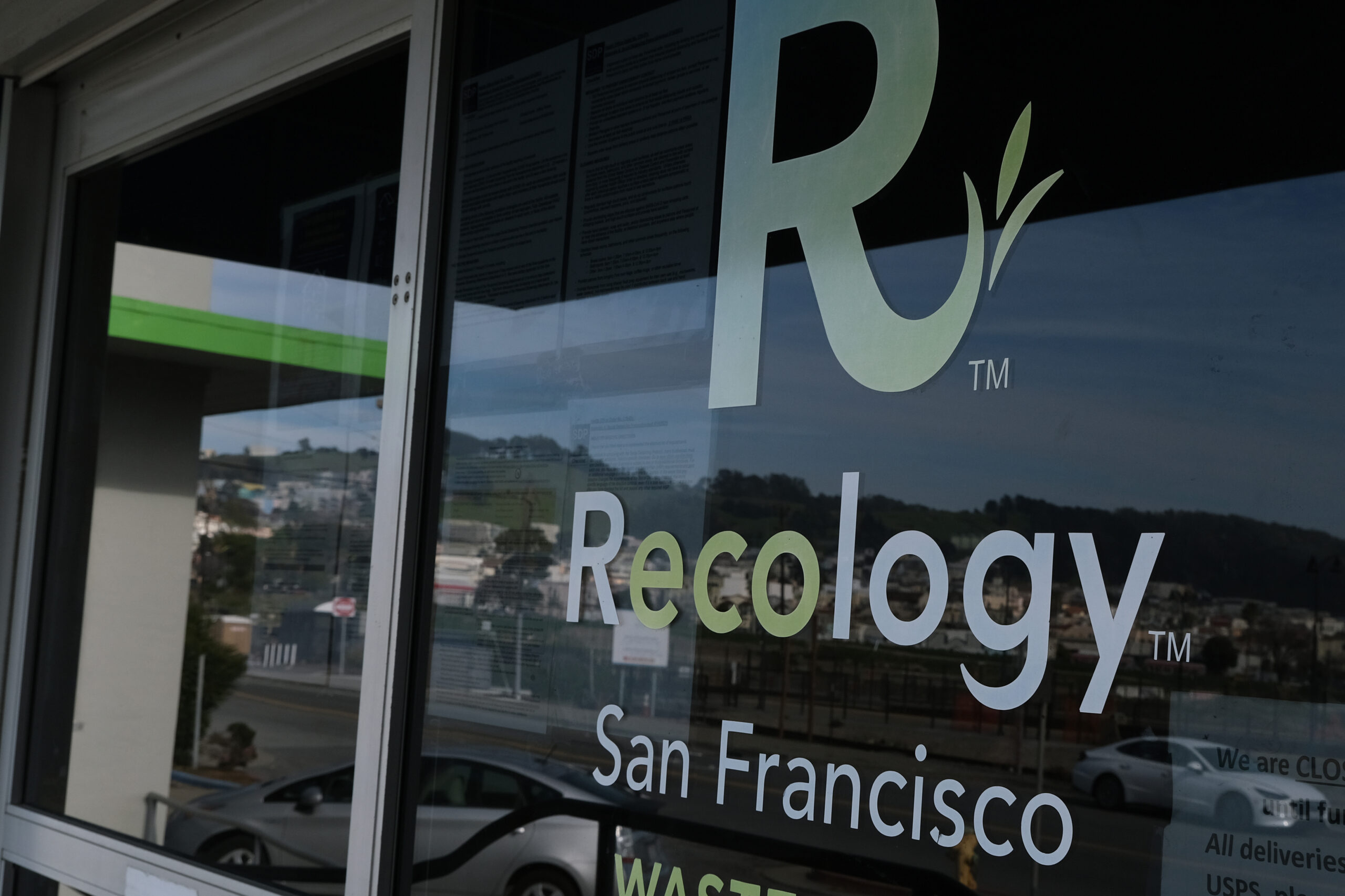San Francisco secured a $25 million deal to stabilize the cost of trash-hauling for residents.
The agreement announced Tuesday culminates more than two years of talks between the city and Recology, which came under scrutiny in early 2020 with a probe into former Public Works Director Mohammed Nuru taking bribes in exchange for his influence.
The city investigation spurred by the Nuru scandal found that the waste collection firm had overcharged customers since 2017 by miscalculating rates. More than a year after the review began, Recology agreed to put nearly $100 million back in the pockets of San Franciscans to make up for it.
This past May, the City Controller’s Office revealed that Recology also gleaned $23.4 million in profits than allowed by its 2017 rate agreement. The controller recommended creating a so-called balancing account to use excess profits to stabilize rates going forward.
All the while, the city was trying to make the way it sets rates more transparent and less prone to corruption, so customers don’t have to pay more than they should for garbage pickup. That effort led to a successful June ballot measure, Proposition F, that put shifted authority over Recology rate-setting from Public Works to the City Controller’s Office.
The settlement reached this week creates a mechanism to balance costs for customers if Recology earns more or less profit than projected in its city-approved rate agreement.
City Controller Ben Rosenfield commended new leadership at Recology for hammering out the pact “in good faith.”
“Now, we can turn to better managing this relationship going forward—doing what the voters directed with the approval of Prop. F on the June 2022 ballot,” he said in a prepared statement Tuesday.
The next step involves finalizing the new cost-setting system under the City Controller’s Office, which it plans to unveil in early 2023 in time to authorize new rates by October. Details of the plan will be posted on a website the city created for its new Recology rate-setting administration.
Supervisor Aaron Peskin, who spearheaded Prop. F, applauded the $25 million deal as a hard-fought resolution “that finally makes San Francisco refuse ratepayers whole.”
